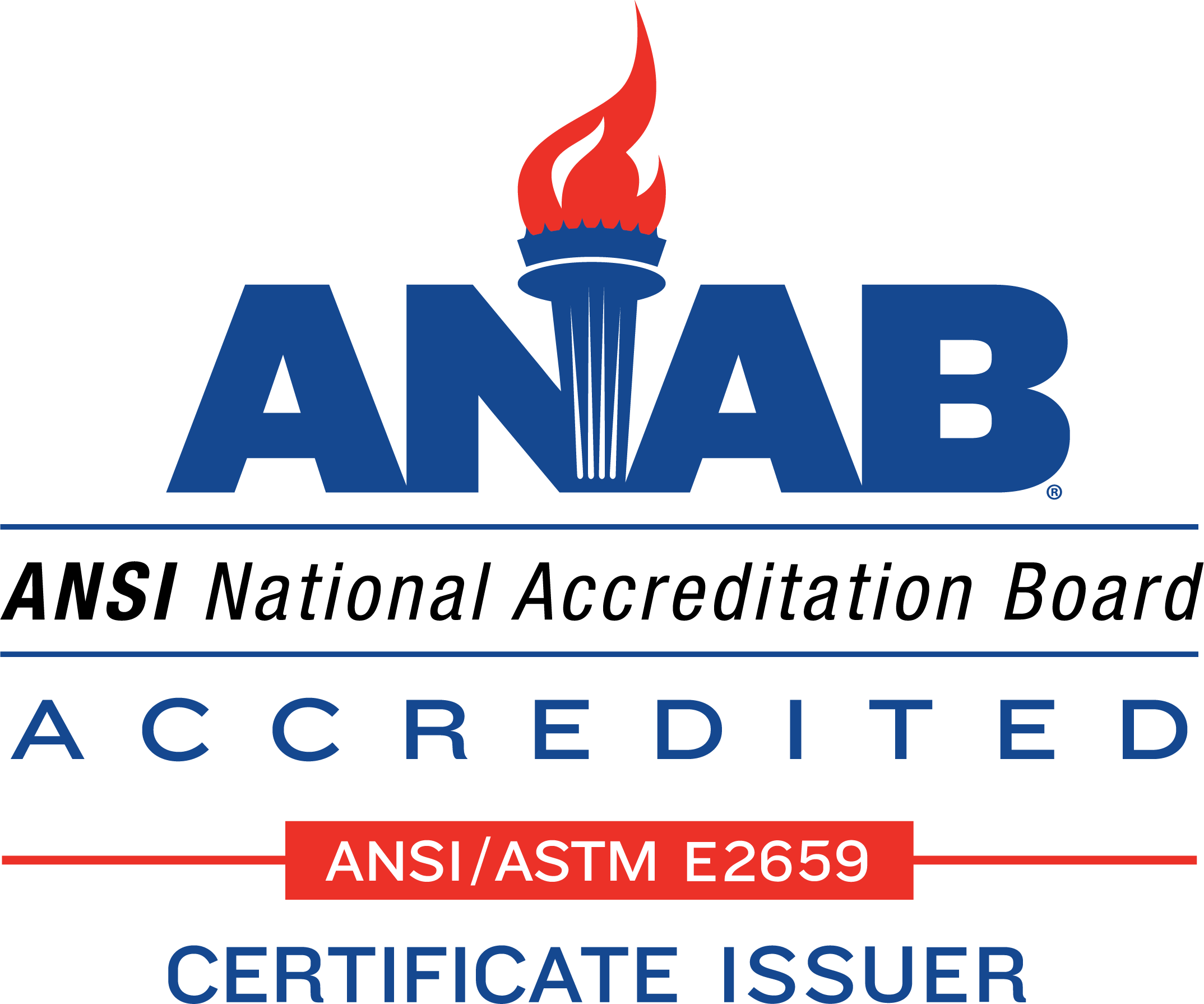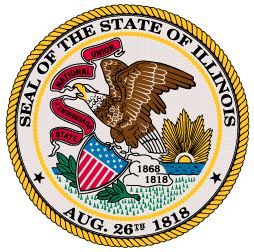This training is ANSI National Accreditation Board (ANAB) accredited under Standard ASTM E2659-18. Some states require this training is provided by an ANSI National Accreditation Board (ANAB) accredited organization. Click below to learn more.
Learn More








